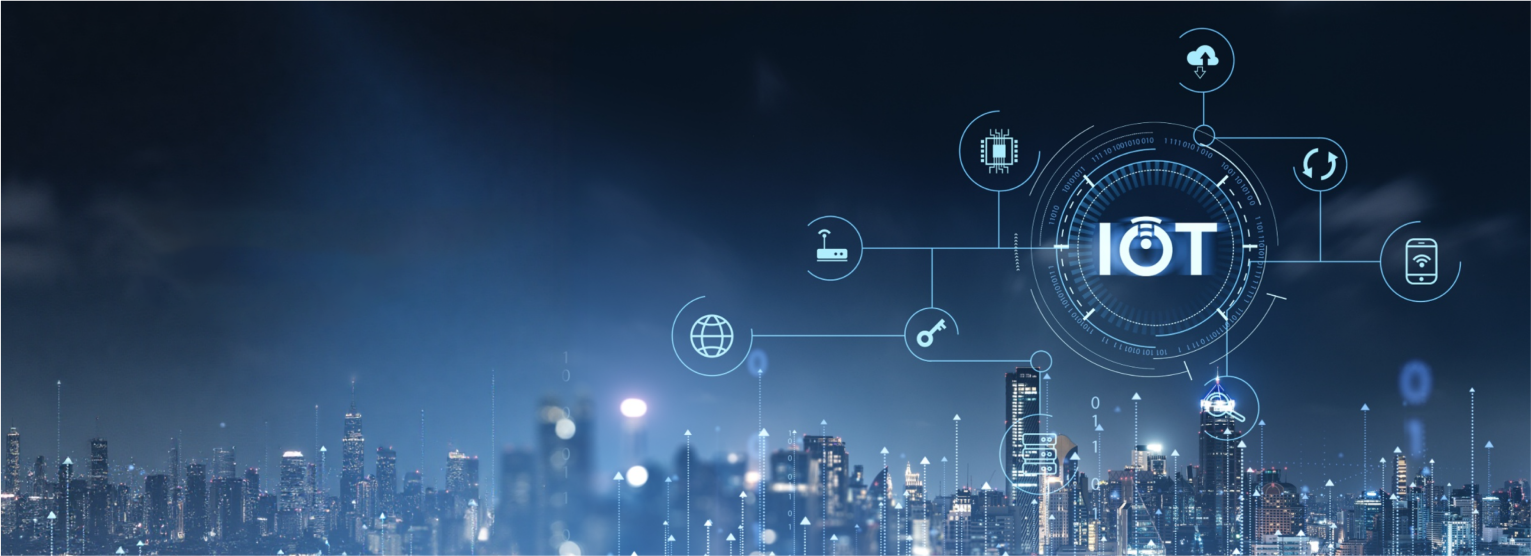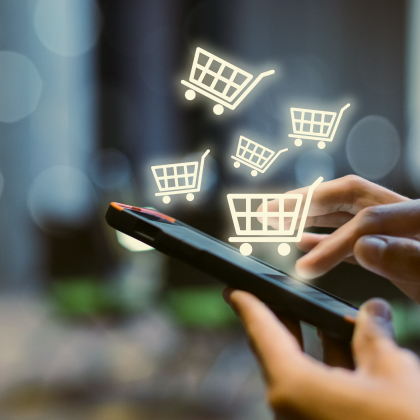In today’s business landscape, smart technological solutions that streamline routine tasks and enhance management transparency are becoming increasingly important. One of the key tools in this field is remote resource metering, allowing companies to track electricity, water, gas, and other consumption data in real time. This approach helps significantly reduce costs, eliminate inaccuracies in manual data entry, and optimize operational processes.
However, the benefits of remote metering integration are only fully realized when the collected real-time data is not just stored but effectively utilized within enterprise-wide information systems. By analyzing and visualizing this data in a unified platform, managers gain a complete picture of resource consumption, leading to more strategic and informed decision-making. By using smart meters in business systems, companies can respond flexibly to market dynamics, adjust procurement plans, and boost production efficiency.
Remote Metering as Part of Corporate Ecosystems
Modern organizations increasingly aim to have every element of their technological environment connected to a single data-processing hub. Incorporating remote metering into enterprise platforms is a logical step in creating a comprehensive digital ecosystem—one in which not only departments and divisions but also end devices collecting consumption data are integrated. In this setup, the data stops being a jumble of isolated metrics and instead, becomes a strategic asset.
Moreover, integrating remote metering with existing business management systems provides in-depth analysis of every operational aspect. Synchronizing consumption data with financial, production, and logistics modules gives companies a holistic view of inefficiencies that may need attention. This capability allows teams to quickly identify and address bottlenecks, redistribute resources, and maintain stable operations, even in volatile market conditions.
Smart Meters in Business Systems and the Role of IoT
At the core of remote metering are specialized devices capable of automatically recording and transmitting consumption indicators. Smart meters in business systems are deployed so that all relevant information flows directly to the corporate database, reducing manual input to a minimum. Optimizing data with smart metering both increases the accuracy of reporting and lowers the risk of human error. Such technology can scale easily, fitting both small companies and large industrial enterprises.
Just as crucial is the concept of IoT (Internet of Things) for corporate data management. IoT systems, where sensors, meters, and controllers are all connected into a single network, ensure a continuous data stream that can be processed automatically. This means that businesses gain a monitoring system capable of detecting anomalies in real time and alerting the appropriate personnel—helping prevent downtime and unplanned expenses.
Unified Metering and Data Systems: The Path to Integration
When it comes to analytics and forecasting, effective data consolidation matters as much as data collection. Unified metering and centralized management systems enable organizations to merge information from various data sources—production, logistics, marketing, finance—into a single dashboard. This not only makes it easier to make decisions but also helps reveal correlations that might otherwise go unnoticed. For instance, comparing sales trends with energy consumption data in a specific region can yield valuable insights.
Such comprehensive integration eliminates the burden of manual data compilation and minimizes the risk of duplication or loss. Moreover, moving to cloud-based platforms and processing large volumes of data online makes the system more flexible and adaptive. As a result, executives can access real-time monitoring dashboards at any moment, getting a detailed report on resource usage and identifying areas where improvements are needed.
Remote Metering in ERP Solutions and Business Analytics
One of the most notable trends in digital transformation is remote metering in ERP solutions, where traditional resource management modules are enhanced with features that automatically gather meter readings. This ensures that “smart” data is instantly available to financial and operational departments, streamlining planning and bringing far greater accuracy to budget calculations. Besides saving time, the process also improves analysis by eliminating manual entry errors.
All of this opens up possibilities for an even deeper examination of specific indicators. Optimizing data with smart metering shows its value in many ways, from cutting supply chain costs to enabling more agile business processes. Furthermore, companies that leverage business insights from remote metering gain a competitive edge: they have a better grasp of where resource overconsumption occurs, how to allocate budgets effectively among departments, and which hidden reserves can be tapped to drive growth.
Perspectives and the Benefits of Smart Metering
A comprehensive approach to resource optimization and data analysis is becoming an essential part of a company’s development strategy. Resource tracking in corporate platforms enables real-time visibility into consumption levels and allows for accurate forecasting of factors like fluctuating demand or weather conditions that impact energy usage. These business insights from smart metering help companies fine-tune production schedules, prevent downtime, and coordinate logistics more efficiently.
In conclusion, smart metering for efficiency is not just a trend but a genuine tool for long-term growth and enhanced competitiveness. When remote collection of meter readings is combined with advanced analytics and expertly integrated into a company’s overall IT infrastructure, it creates a robust resource management system. Data becomes the foundation for making informed decisions, financial reporting becomes more transparent, and the ability to respond rapidly to variances becomes standard practice. It’s clear that remote metering, fully incorporated into corporate data platforms, offers enormous potential for shaping the future of modern business.
 713
713




